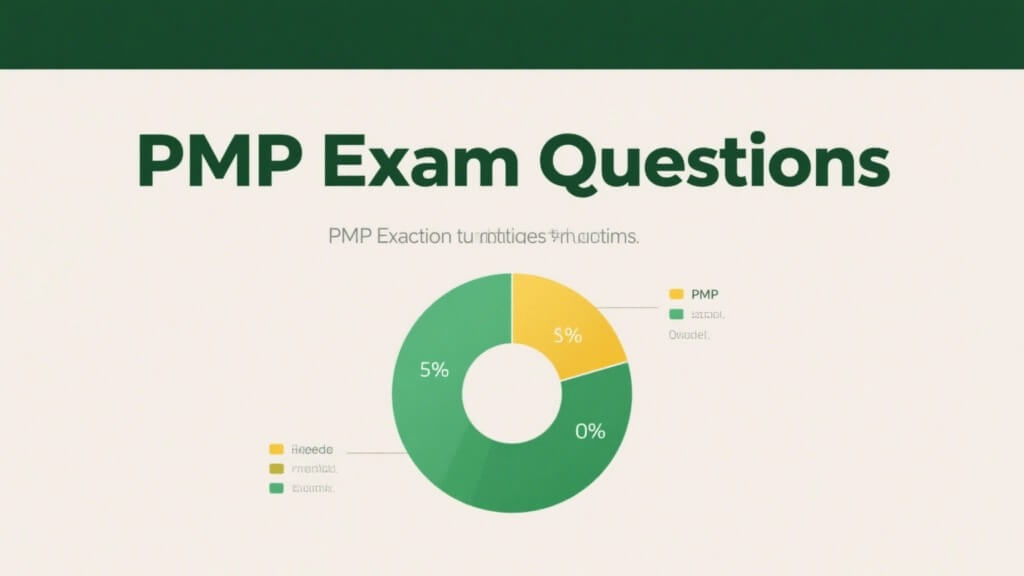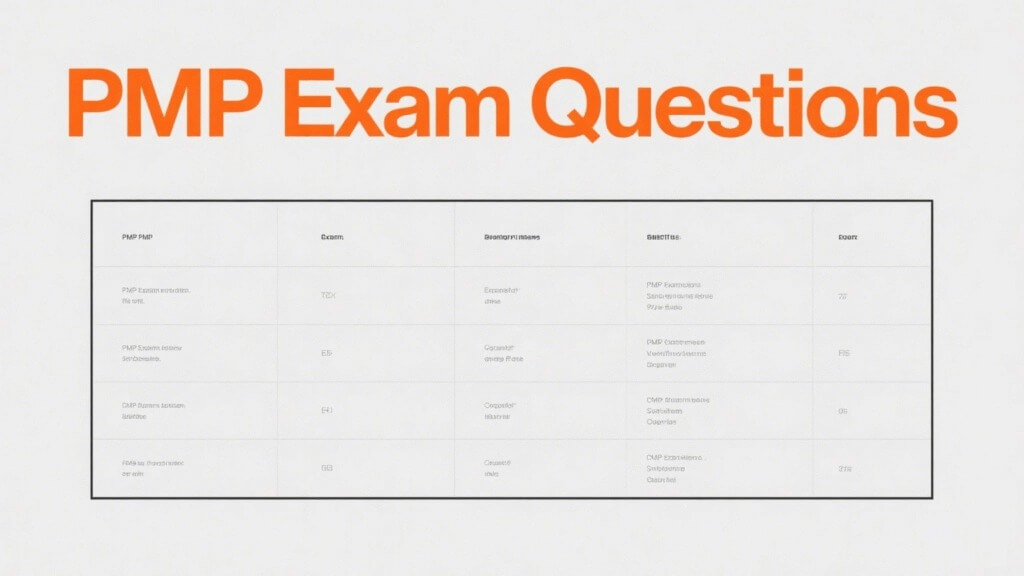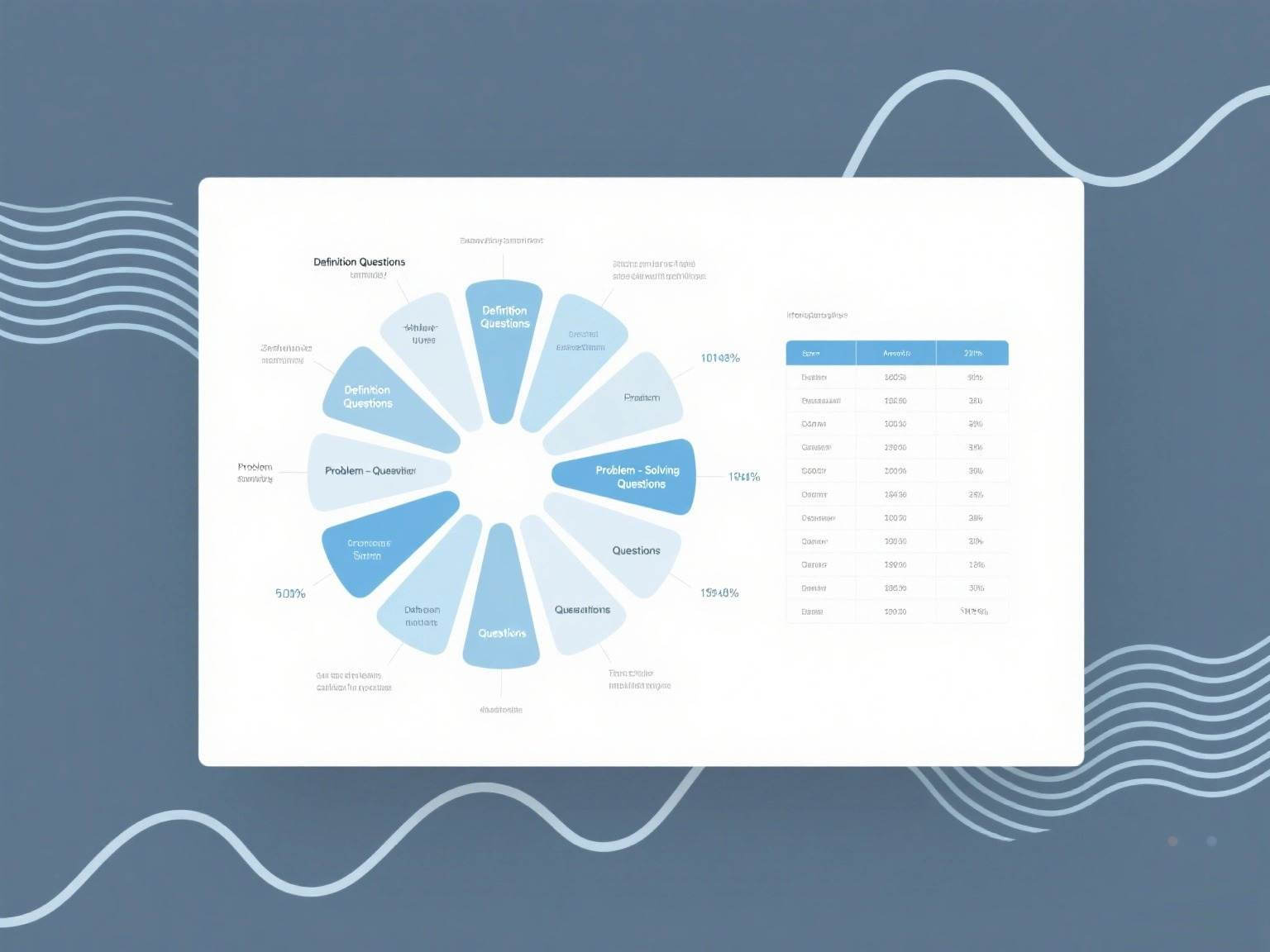PMP Exam Questions:Detailed explanations of question types and outcome assessments to help you prepare for the exam efficiently
PMP exam profile: the core of the global authority of the certification level
PMP certification issued by PMI, is the gold certificate in the field of project management
Through the written examination can be recognized by 195 countries around the world qualification certificate
This article focuses on the latest 2024 examination question types, question volume and scoring logic
PMP question composition: the two categories of combat details

Single choice questions (95%)
The question stem describes the real project scenario
Requirements to choose the most appropriate course of action or decision-making
Multiple choice questions (5%)
Clearly labeled the number of correct options (such as “choose 2”)
Focuses on the ability to integrate related knowledge points
Special: 5 test questions
Randomly distributed in the test paper not counted in the grade
Used as a reference for the development of future PMI exam questions
PMP question time: 230 minutes Sprint Guide
Total number of questions: 180 (including 175 scoring questions)
Exam Duration: 230 minutes (about 1.3 minutes / question)
Time allocation recommendations:
First 60 questions: 90 minutes (caution required for higher difficulty)
Middle 80 questions: 100 minutes (to stabilize the pace)
Last 40 questions: 40 minutes (allow time for card application)

Grading Mechanism: Three-domain, four-step grading system
The results do not show scores and are presented in three domains of grading:
Grade Color Meaning Recommendations for meeting the standard
🟩Dark Green Above Target Knowledge mastery over 90
🟨Light green Target Full coverage of core content
🟧Yellow Below Target Some modules need to be reinforced
🟥Red Needs Improvement Weaknesses in Key Areas
Passing Criteria: The three major areas are all up to 🟨Target and above
3A Secret: Top Rating Sprint Strategy
Target Definition: All three areas 🟩 Dark Green (Above Target)
Core Strategy:
People Domain (42%): specialize in team conflict resolution models
Process Domain (50%): Actuarial Critical Path/EVM Formulation
Business Domain (8%): master the Strategic Value Analysis framework
Error Tolerance: up to 65 questions wrong on scoring questions (≈ 63% correct)
Conclusion: Data-driven preparation for the exam is the key to success!
